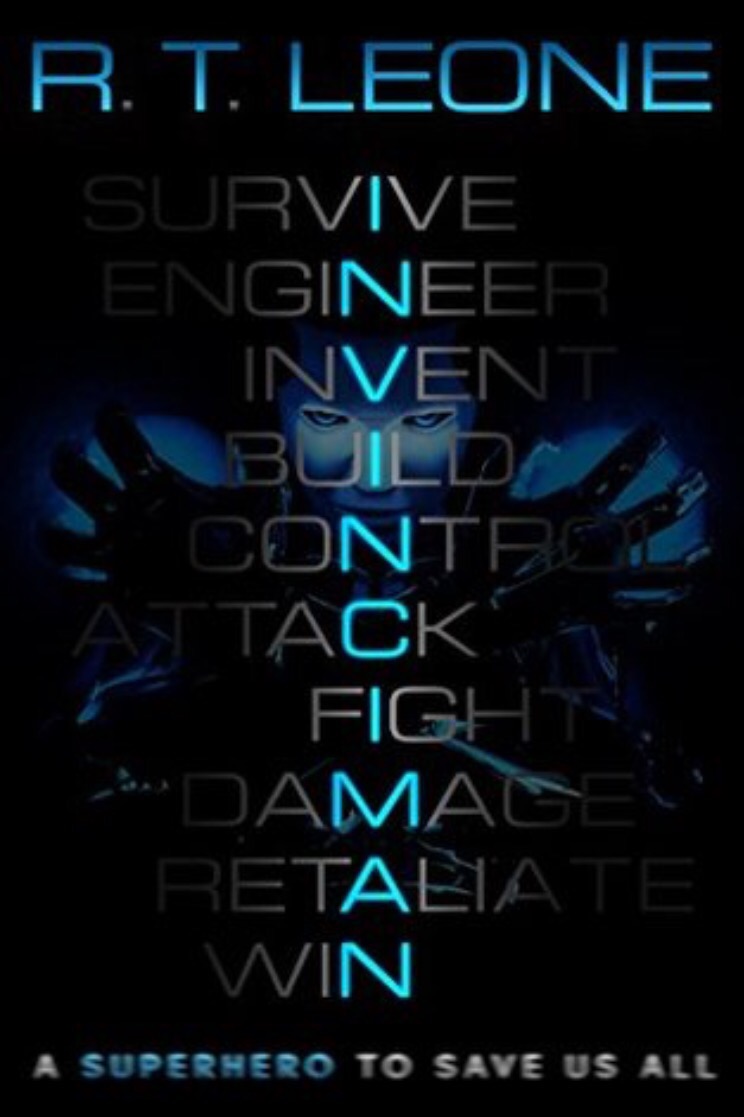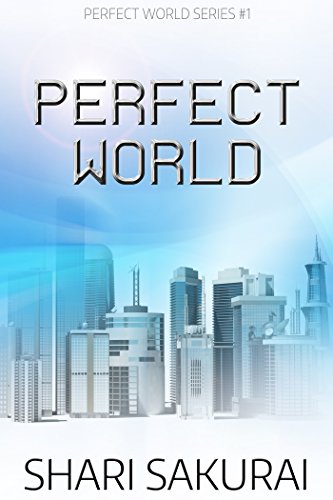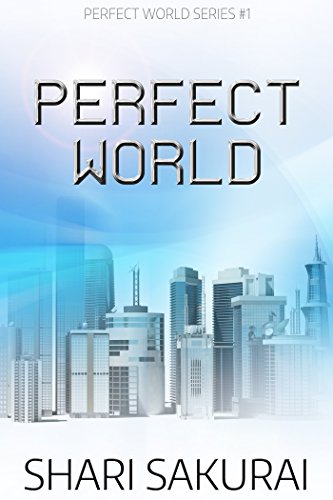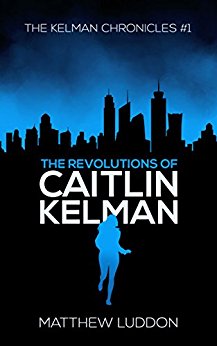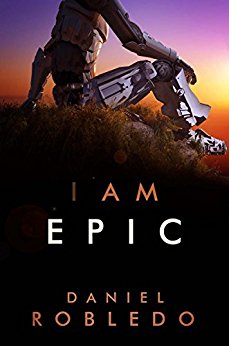

Harmonia is the definition of quintessential dystopian futures. The government has a tight hold on everything the citizens do, right down to when they have free time. Everything is carefully controlled and regulated: theie disease-proof, pain-free bodies, their waste and tears, their media. However, the appearance of one little boy threatens to unravel all that the government worked for.
I really felt like this novel did really well in creating a dystopian future. It differed from other novels in the genre in that it didn’t rely heavily on violence; manipulation and deception took its place instead. I liked how the chess game between the government and the main characters played out as a back and forth, each one trying to stay one step ahead.
There were times when things felt a little too easy for the characters. While I enjoyed the interactions with their peers and environment, their personalities felt flat. Certain revelations at the end seemingly came out of nowhere and made the ending feel forced. There was little to no foreshadowing in the book even toying with the idea, so the reader is hit with it and it doesn’t have much of an emotional impact. Not to mention that I felt as though one of the characters involved got left behind with only brief mentions here or there after playing such a huge role. It was a neat twist, and I liked the idea, I just wished it would have been planted better. There was something in the writing style that just…didn’t click or fit with the story.
This was still a worthwhile read. The game of cat and mouse held enough intrigue and drama to keep me turning the pages. I think this was a breath of fresh air in an oversaturated drama.

